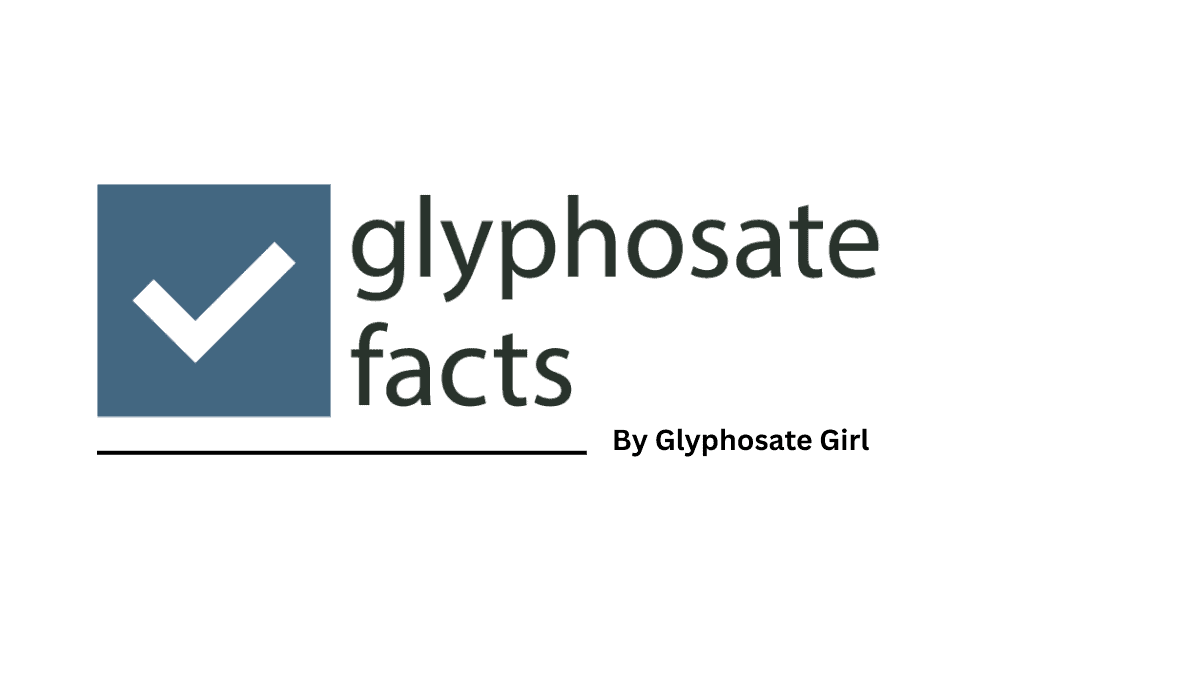Glyphosate and glyphosate-based-herbicides are linked to cancer. The following studies provide a small sample of significant existing scientific evidence of the carcinogenicity of glyphosate.
NON-HODGKIN LYMPHOMA
In 2015, the International Agency for Research on Cancer (IARC) determined that glyphosate is a Class 2A "probable human carcinogen". IARC is an organization within the World Health Organization in which independent researchers gather to assess the carcinogenicity of various substances utilizing only publicly available, peer-reviewed research. The chemical industry cannot manipulate the IARC results as easily as they can with regulators; regulators depend on biased, industry-provided research. When glyphosate appeared on IARC's list to study in 2015, Monsanto "orchestrated an outcry" in response, hiring ghostwriters to publish papers to show that glyphosate is non-carcinogenic. As the billions of dollars in settlements from lawsuits show, glyphosate is connected to Non-Hodgkin Lymphoma. Link to the IARC Report.
MORE NHL RESEARCH
MULTIPLE MYELOMA
Glyphosate induces benign monoclonal gammopathy and promotes multiple myeloma progression in mice
BREAST CANCER
Glyphosate induces human breast cancer cells growth via estrogen receptors
Widespread pesticide contamination of drinking water and impact on cancer risk in Brazil

